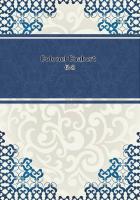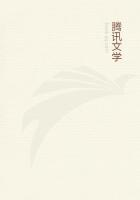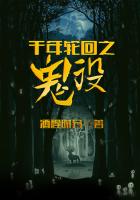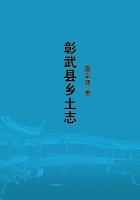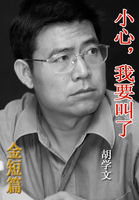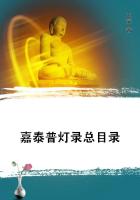The second sight is the power of seeing events before they happen, or of seeing events which are happening far beyond the reach of the common sight, or between which and the common sight barriers intervene, which it cannot pierce. The number of those who possess this gift or power is limited, and perhaps no person ever possessed it in a perfect degree: some more frequently see coming events, or what is happening at a distance, than others; some see things dimly, others with great distinctness. The events seen are sometimes of great importance, sometimes highly nonsensical and trivial; sometimes they relate to the person who sees them, sometimes to other people. This is all that can be said with anything like certainty with respect to the nature of the second sight, a faculty for which there is no accounting, which, were it better developed, might be termed the sixth sense.
The second sight is confined to no particular country, and has at all times existed. Particular nations have obtained a celebrity for it for a time, which they have afterwards lost, the celebrity being transferred to other nations, who were previously not noted for the faculty. The Jews were at one time particularly celebrated for the possession of the second sight; they are no longer so. The power was at one time very common amongst the Icelanders and the inhabitants of the Hebrides, but it is so no longer. Many and extraordinary instances of the second sight have lately occurred in that part of England generally termed East Anglia, where in former times the power of the second sight seldom manifested itself.
There are various books in existence in which the second sight is treated of or mentioned. Amongst others there is one called "Martin's Description of the Western Isles of Scotland," published in the year 1703, which is indeed the book from which most writers in English, who have treated of the second sight, have derived their information. The author gives various anecdotes of the second sight, which he had picked up during his visits to those remote islands, which until the publication of his tour were almost unknown to the world. It will not be amiss to observe here that the term second sight is of Lowland Scotch origin, and first made its appearance in print in Martin's book. The Gaelic term for the faculty is taibhsearachd, the literal meaning of which is what is connected with a spectral appearance, the root of the word being taibhse, a spectral appearance or vision.
Then there is the History of Duncan Campbell. The father of this person was a native of Shetland, who, being shipwrecked on the coast of Swedish Lapland, and hospitably received by the natives, married a woman of the country, by whom he had Duncan, who was born deaf and dumb. On the death of his mother the child was removed by his father to Scotland, where he was educated and taught the use of the finger alphabet, by means of which people are enabled to hold discourse with each other, without moving the lips or tongue. This alphabet was originally invented in Scotland, and at the present day is much in use there, not only amongst dumb people, but many others, who employ it as a silent means of communication. Nothing is more usual than to see passengers in a common conveyance in Scotland discoursing with their fingers. Duncan at an early period gave indications of possessing the second sight. After various adventures he came to London, where for many years he practised as a fortune-teller, pretending to answer all questions, whether relating to the past or the future, by means of the second sight.
There can be no doubt that this man was to a certain extent an impostor; no person exists having a thorough knowledge either of the past or future by means of the second sight, which only visits particular people by fits and starts, and which is quite independent of individual will; but it is equally certain that he disclosed things which no person could have been acquainted with without visitations of the second sight. His papers fell into the hands of Defoe, who wrought them up in his own peculiar manner, and gave them to the world under the title of the Life of Mr Duncan Campbell, the Deaf and Dumb Gentleman: with an appendix containing many anecdotes of the second sight from Martin's tour.

